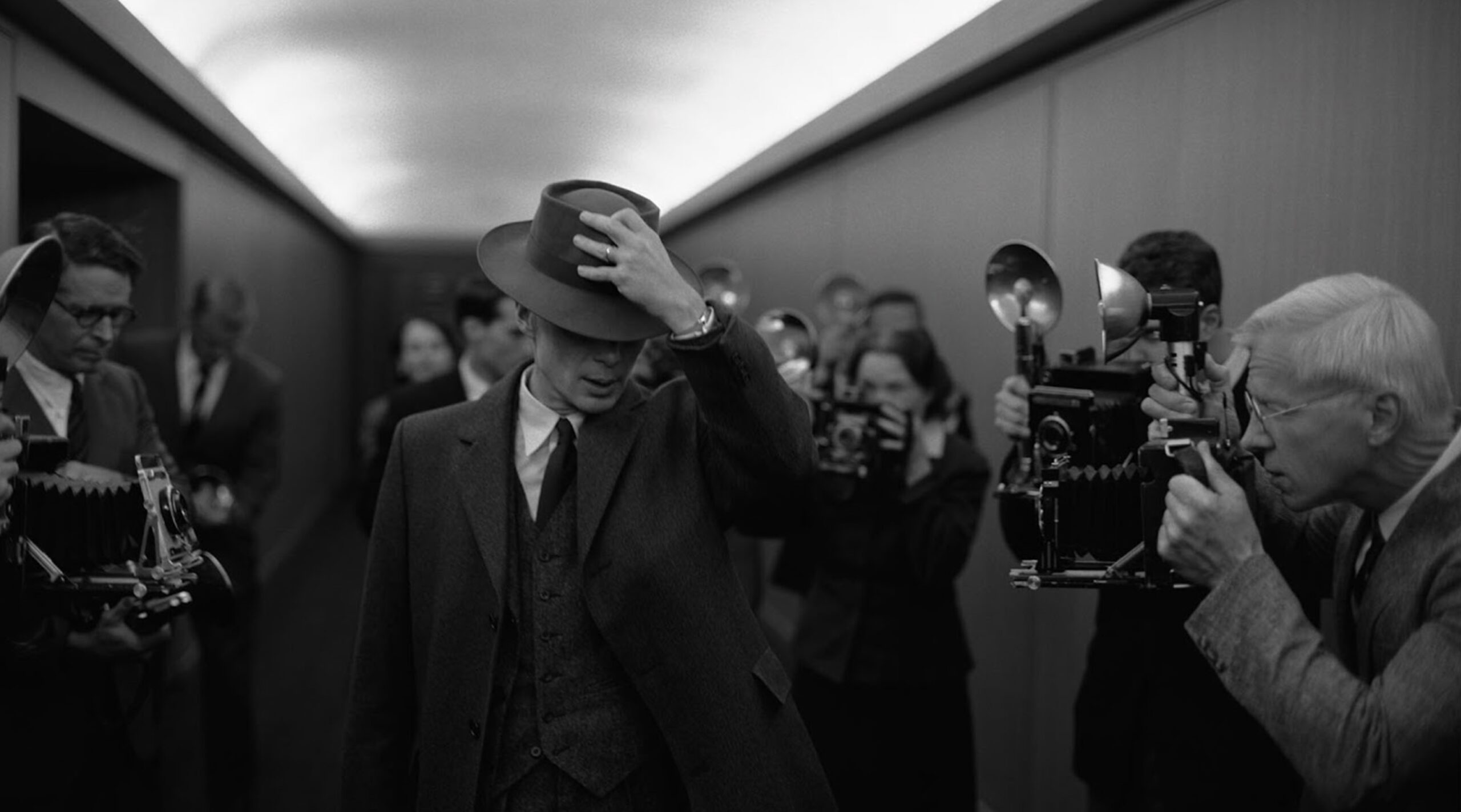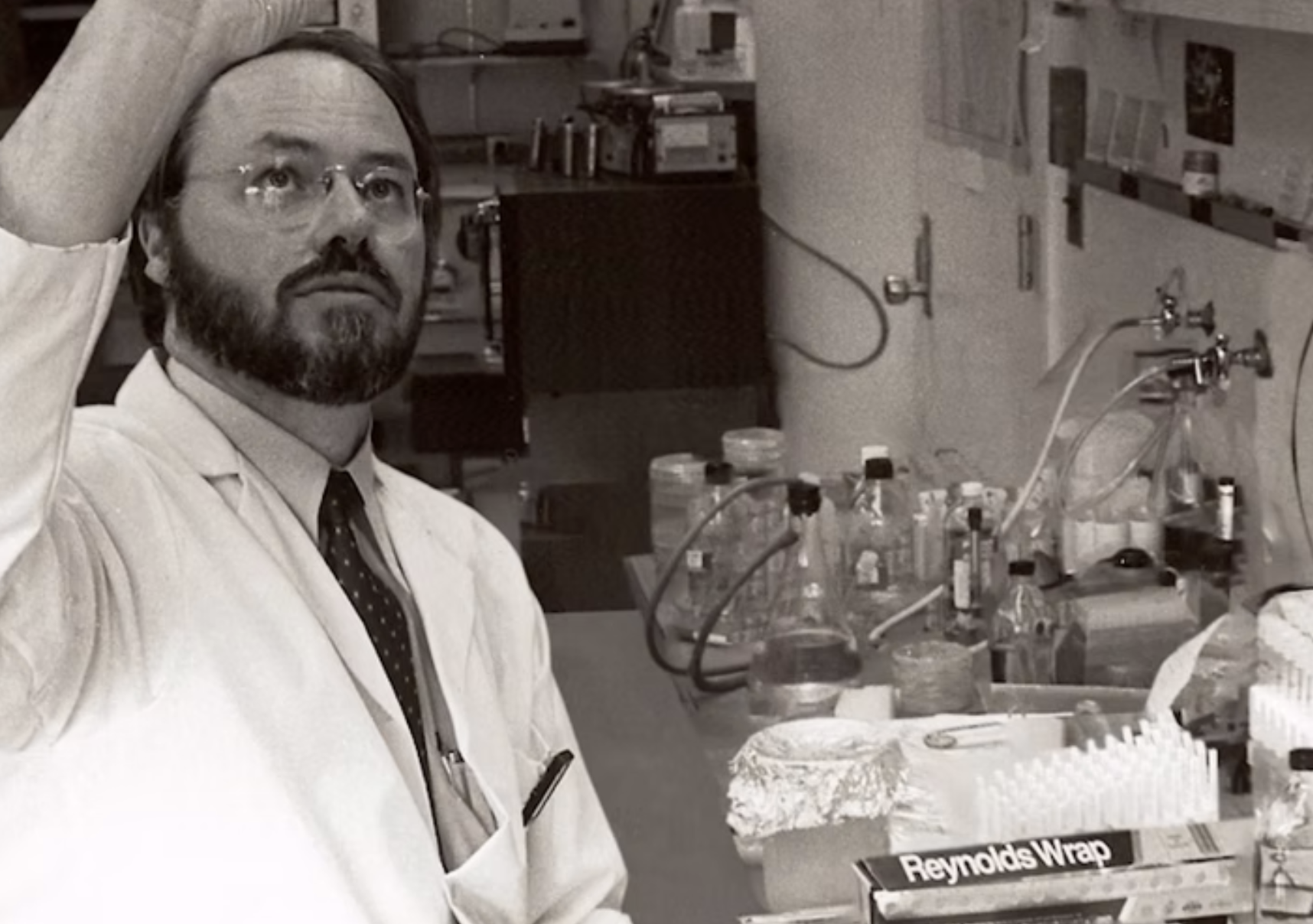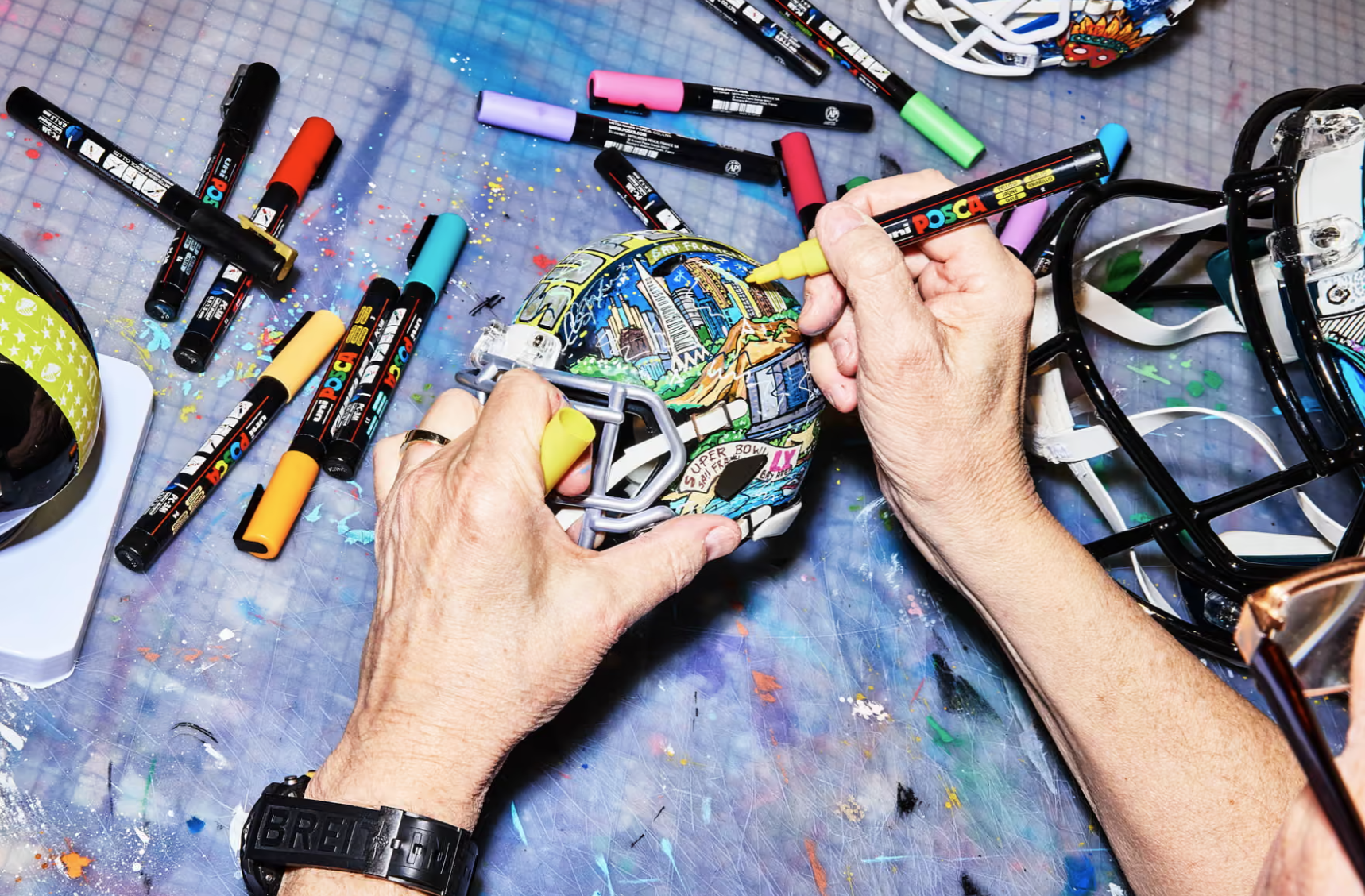The recently released film Oppenheimer sensibly completes the narrative of scientific progress and the ethical conflicts it entails. The movie explores the complex inner world of J. Robert Oppenheimer, the developer of the atomic bomb, and raises philosophical questions about the two contrasting impacts that scientific technology can have on humanity. Through this, we come to realize that science is not merely the accumulation of knowledge, but something intricately intertwined with human emotions and ethical judgment.
Oppenheimer’s inner conflict demonstrates the tension between scientific progress and ethical responsibility. To understand the roots of this conflict, we need to examine the biological mechanisms of the human brain. From a biological perspective, this conflict reveals how reason and emotion interact in our neural circuitry. Specifically, two regions of the brain play a key role in ethical decision-making: the amygdala and the prefrontal cortex. The amygdala processes instinctual emotions like fear and anxiety, which become particularly heightened in extreme situations such as witnessing the destructive power of nuclear weapons. On the other hand, the prefrontal cortex is responsible for logic and moral judgment, helping us process emotions rationally and regulate our actions accordingly.
The intersection of emotion and science can also be found in music. Billie Eilish’s hit song Happier Than Ever resonated with many for its exploration of the complex emotions experienced after a breakup. The song’s structure changes along with the flow of emotions, triggering the listener’s sense of empathy. Biologically, this effect is largely driven by mirror neurons, the cells that allow us to feel and mirror another person’s emotions or behaviors as if they were our own. The emotions conveyed through Billie Eilish’s voice and lyrics activate our brain’s empathy circuits, making us feel her pain and sorrow as our own.
Though art and science explore human emotions and inner experiences in different ways, they ultimately ask the same question: How do we feel, express, and make ethical judgments? While science provides the biological mechanisms behind these processes, art reveals the meaning those mechanisms hold in our lives. This fusion allows us to gain a deeper understanding and insight into ourselves.






